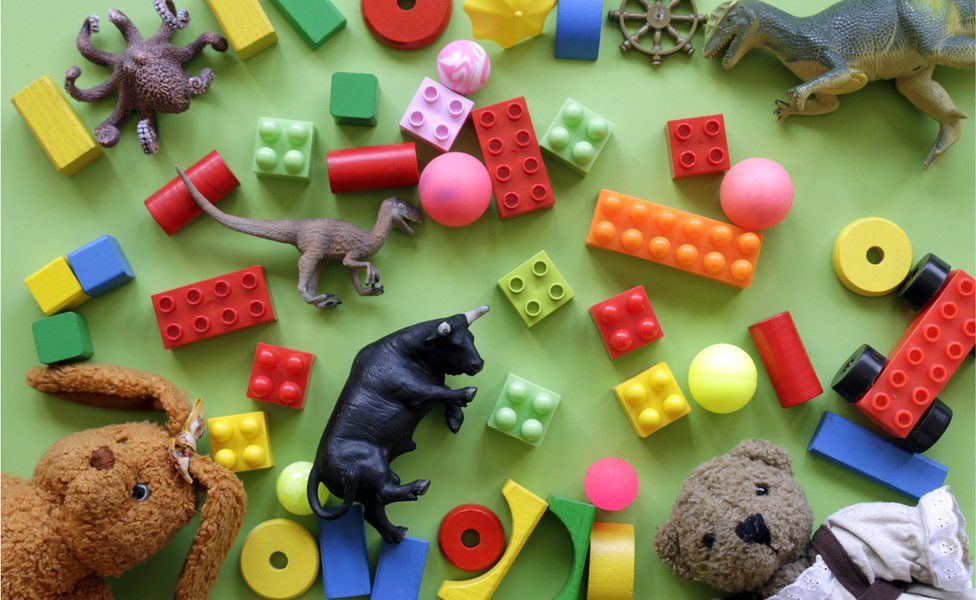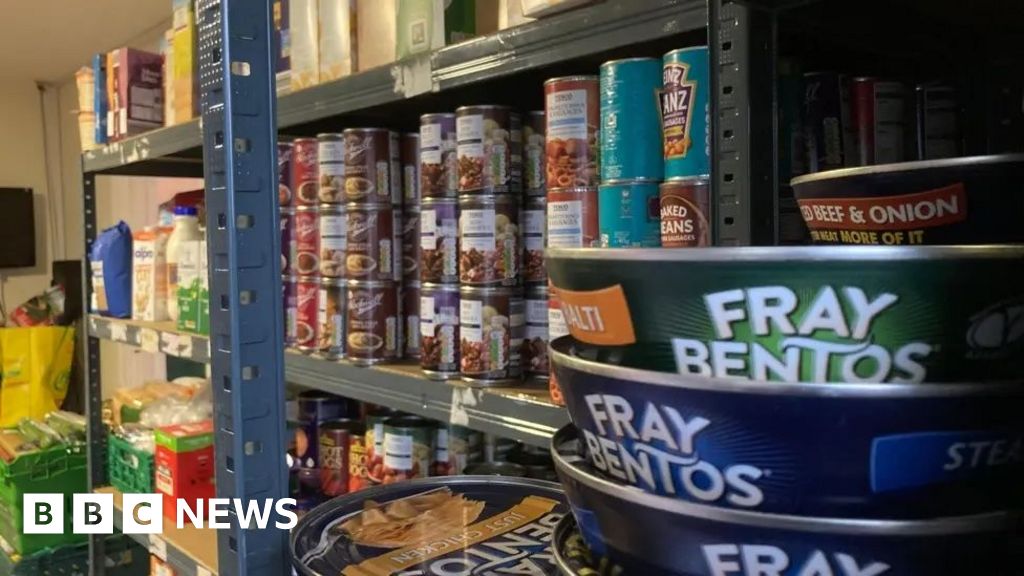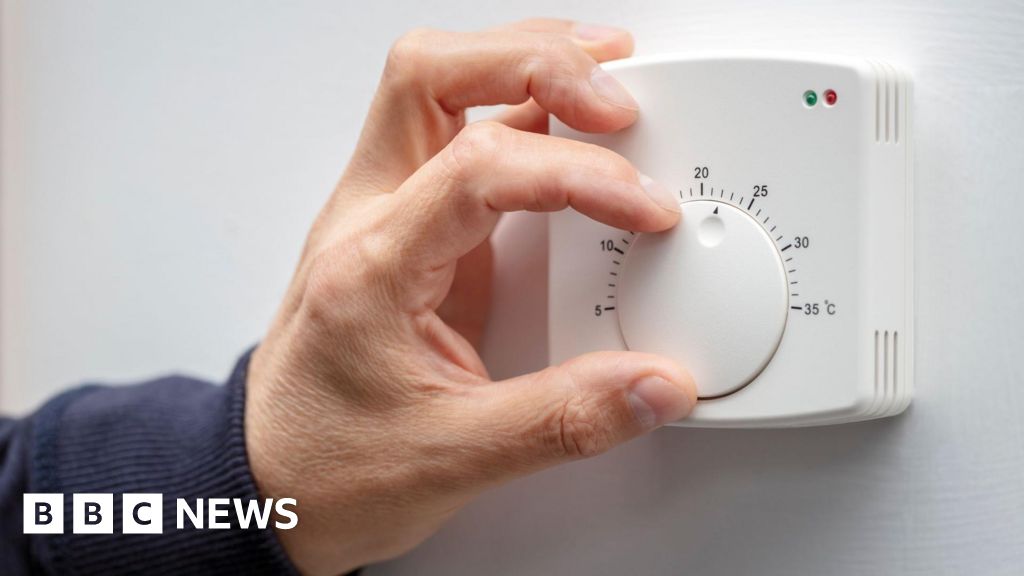ARTICLE AD BOX
 Image source, Getty Images
Image source, Getty Images
It is thought the toy industry could be affected if the disruption at the Port of Felixstowe escalates
Almost 2,000 workers have entered a sixth day of industrial action at the Port of Felixstowe in Suffolk. The union's boss says disruption at the UK's largest container port could escalate until Christmas unless workers are given an improved pay offer - how concerned are businesses about the knock-on effects for them?
'It's too early to say if Christmas stock will be affected'
Image source, Shaun Whitmore/BBC
Image caption,Steve Kerrison says 60% of his company's stock comes in via a container ship from East Asia
If the disruption at the Port of Felixstowe escalates, as the general secretary of Unite Sharon Graham suggested it would if the pay dispute was not resolved, it could be problematic for the toy industry ahead of Christmas, sellers said.
Some 1,900 dockers walked out on Sunday after rejecting a 7% pay offer from the Felixstowe Dock and Railway Company, which the union said was below the rate of inflation.
Steve Kerrison, who owns Kerrison Toys in Norwich and Great Yarmouth, says deliveries are coming in at the moment.
But, he says that could change as about 60% of their stock comes in via a container ship from East Asia - mostly China, but increasingly from countries such as Vietnam and Cambodia.
"A lot of stuff is already being diverted to the London Thames Gateway container port, so the supply chain is coping at the moment, but they've had advance notice of possible strike action at Felixstowe and have been prepared.
"If the dispute at Felixstowe was to escalate, then it could be more problematic.
"We do rely on container imports, which go to the manufacturers' warehouses in the UK, and then on to us."
However, he says the company's two biggest sellers at the moment are Lego, which is made in the Czech Republic, and Pokémon trading cards, which are made in Belgium, so those supplies would not be affected so much.
Meanwhile, he says it is "a little early to say if Christmas stock will be affected by the Felixstowe strike".
Image source, Broad
Image caption,Lighthouse Toys, an online toy seller based near Cambridge, say they have been buying in toys since January
Elsewhere, Samantha Broad, who runs Lighthouse Toys, an online toy seller based near Cambridge, says she has been stockpiling toys for this Christmas since January.
But, Mrs Broad, who used to have a high street shop in Histon but now runs it solely online, says although she thinks her business will be OK for Christmas, if the strikes continue it will "affect the toy industry in quite a big way".
"If this striking continues, there's no guarantee the toys are going to get from the docks to the suppliers so we're going to just have what the suppliers have already got," she says.
"You get a whole band of new toys, puzzles, games, new jigsaw puzzles that come out in September ready for Christmas but if the toy suppliers haven't got them in their warehouse now, they can't get them to us."
'There are going to be knock-on effects'
Image source, Broadland Drinks
Image caption,Mark Lansley's company Broadland Drinks imports wine in bulk from countries including New Zealand and Chile
With almost 50% of the UK's container trade coming through the Port of Felixstowe, Norfolk-based wine importer Broadland Drinks says a knock-on effect is inevitable.
Chief executive Mark Lansley says half a billion litres of bulk wine is imported into the UK a year and that potentially a quarter of all wine that is drunk in the UK comes in via Felixstowe.
His company imports red, white and rosé wine in bulk from countries including Australia, Chile, New Zealand and South Africa and then bottles it at their site in Cawston, about 80 miles (129km) north of Felixstowe.
He says they are currently having 80% of stock go via London Gateway.
"But there are going to be knock-on effects," he says.
"You can't shut down a port like Felixstowe that handles almost half of the UK's container trade without having a significant effect on the whole system."
Mr Lansley says his company supplies wine to businesses including restaurants, hotels, supermarkets and pub chains - all of which will want orders for the festive season.
"These blockages often take months to fix afterwards," he says.
"We hold stocks deliberately so hopefully it won't affect Christmas but it will have its ramifications."
'This last quarter of the year is our busiest'
Image source, Warings Furniture
Image caption,Warings Furniture in Norfolk, run by husband and wife team Graham and Rachael Waring, supplies furniture to the hospitality sector
While Christmas is not as much of a concern for Warings Furniture in Norfolk, the next few months are.
The Larling-based company, run by husband and wife team Graham and Rachael Waring, supplies furniture to the hospitality sector.
Mrs Waring says September, October and November are their busiest months.
"Now is when our stock lands, for example, we've got 50 stools being refurbished in September and we don't have some of the items on the ground," she says.
"The last quarter of the year is a very busy quarter for us."
She says they currently have two containers from China that are in the North Sea waiting to dock, containing metal and plastic components of furniture.
Mrs Waring says it not only affects their customers but also cash flow and will "impact prices and it's going to cause inflation".
She says although she has compassion for those on strike, "everyone is in the same boat".
"This is only a temporary situation with regards to fuel and some of the energy issues, and supply chain issues, things will come down, but once you put people's salaries up you are then stuck with those high salaries for as long as those people work for your business.
"It's very, very difficult for companies to commit to such high levels of wage inflation - that would send a sense of panic through industry," she says.
She adds: "Our customers are all a bit bored of the excuses for why they can't get their furniture, the supply chain has been very, very difficult through the pandemic and then the Ukrainian war had a very major impact on furniture because Belarus, Russia and Ukraine are the largest producers of ply and so much of our upholstered furniture had elements of moulded ply within them.
"It has just been a string of issues."
'Shoppers will be encouraged to buy early'
Image source, Jamie Niblock/BBC
Image caption,Strike action at the port is expected to last until Monday, 29 August
Members of the union Unite who work at the Port of Felixstowe are on day six of eight of planned industrial action.
It is the first time in 30 years that dock workers have gone on strike.
Port spokesman Paul Davey says the strike action is "unnecessary".
"The offer we've made to them is worth £3,500 extra this year in their pockets and the strike Unite has called is actually going to take the thick end of £1,000 out of each of their pockets," he says.
"We will talk if they suspend the strike and they are committed to finding a resolution."
Simon Geale, of supply chain specialists Proxima, says the Port of Felixstowe has about 40% of the UK's capacity and is "pretty critical".
He says retailers will be monitoring the situation, as unloading for Christmas starts around September and, if the dispute continues into next month, it could case "serious disruption".
"So a consequence could be that while the retailers have been trying to embed some predictability and encourage shoppers to buy early, they might not have the stock levels that they'd been planning to have," he says.
Strike action at the port is expected to end on Monday 29 August.
Find BBC News: East of England on Facebook, Instagram and Twitter. If you have a story suggestion email eastofenglandnews@bbc.co.uk
Related Internet Links
The BBC is not responsible for the content of external sites.

 2 years ago
30
2 years ago
30








 English (US) ·
English (US) ·